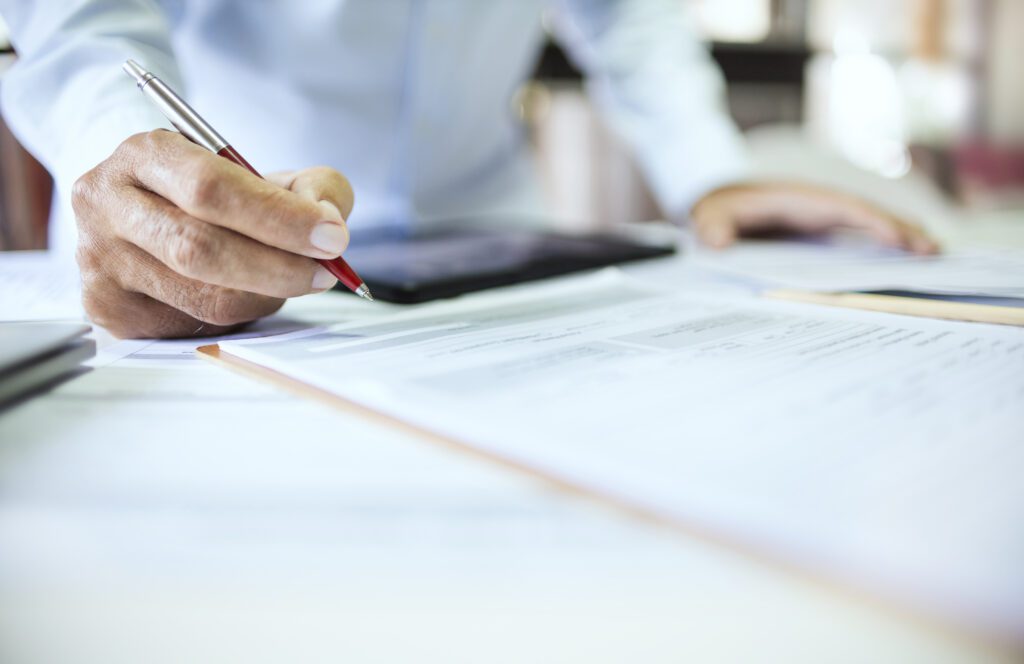Services
Expert Witness Testimony, Second Opinions, Attorney Consultation
Knowledgeable. Accurate. Insightful
Expert Testimony Services
Expert testimony is critical in legal cases, especially when complex scientific or psychological issues are involved, and its admissibility is often determined by standards like the Daubert or Frye standards. These standards guide courts in assessing whether expert testimony is reliable and relevant, ensuring that only scientifically sound and relevant information is presented to the jury or judge.
Under the Daubert Standard, which is used in federal courts and some state courts, judges are the ones to determine admissibility of expert testimony. This standard requires that expert testimony be based on methods that are scientifically valid and accepted within the expert’s field. Judges may focus on factors such as whether the theory or technique has been tested, if it has undergone peer review, if there is a known error rate. This ensures that the expert’s testimony is based on solid scientific foundations and is relevant to the issue at hand.
The Frye Standard, used in some state courts, focuses specifically on whether the expert’s methods are “generally accepted” within the relevant scientific community. Although more restrictive, the Frye Standard also ensures that expert testimony is based on widely accepted scientific principles, providing courts with reliable information.
These standards are crucial in cases involving psychological or neuropsychological evaluations, as they ensure that expert testimony is not only scientifically sound but also pertinent to the legal questions at hand. By adhering to these standards, expert testimony enhances the integrity of the judicial process, offering attorneys, judges, and juries credible, scientifically grounded insights to support fair and informed decision-making.
Second Opinions and Retrospective Expert Report Review
For attorneys and their clients, relying on inaccurate or incomplete reports can be detrimental. Incorrect psychological findings can undermine the credibility of the case, weaken legal arguments, or fail to provide a clear understanding of the client’s mental state or capabilities. A second opinion provides a fresh, objective perspective, offering attorneys a reliable assessment that can make the difference between winning or losing a case. By identifying errors and ensuring the evaluation is thorough and specific to the client, a second set of eyes helps prevent costly missteps and supports the integrity of the judicial process, ultimately leading to fairer and more accurate outcomes.
Second opinions and retrospective report reviews are essential tools for maintaining the quality and accuracy of psychological assessments in legal contexts. In some cases, initial evaluations may contain errors, misleading information, or poorly substantiated conclusions that can significantly impact the outcome of a case. It is not uncommon to encounter reports that lack sufficient detail, contain inaccuracies, or, in the worst cases, include information seemingly copied from other unrelated reports. Such errors can skew findings, omit critical individual factors, or fail to answer the specific legal questions at hand. This is where a second opinion becomes invaluable, as it provides an opportunity to carefully review and correct the information presented, ensuring that the assessment is tailored, accurate, and relevant to the client’s unique circumstances.



Attorney Consultation
The American Psychology Institute offers attorneys comprehensive support in understanding mental health issues, personality profiles, psychological functioning, and functional impairments that are central to legal cases. Our team excels in translating complex psychological concepts into clear, actionable insights, enabling attorneys to make strategic decisions grounded in science. We meticulously review reports from a range of mental health professionals, including LCSWs, LMFTs, LPCs, psychologists, and psychiatrists, assessing these reports for accuracy and diagnostic soundness. This rigorous process ensures attorneys have access to reliable, precise information that stands up to legal scrutiny.
In addition to providing consultative evaluations, the American Psychology Institute supports attorneys by developing carefully crafted cross-examination questions grounded in scientific and conceptual rigor. Our experts conduct in-depth research on opposing expert witnesses, assessing their credibility, qualifications, and the quality of their previous work. By uncovering potential weaknesses and inconsistencies, we enable attorneys to effectively challenge opposing testimony, bolstering their cases with evidence-based strategies. This comprehensive approach equips attorneys with valuable psychological insights and tactical tools, empowering them to pursue informed and impactful litigation.